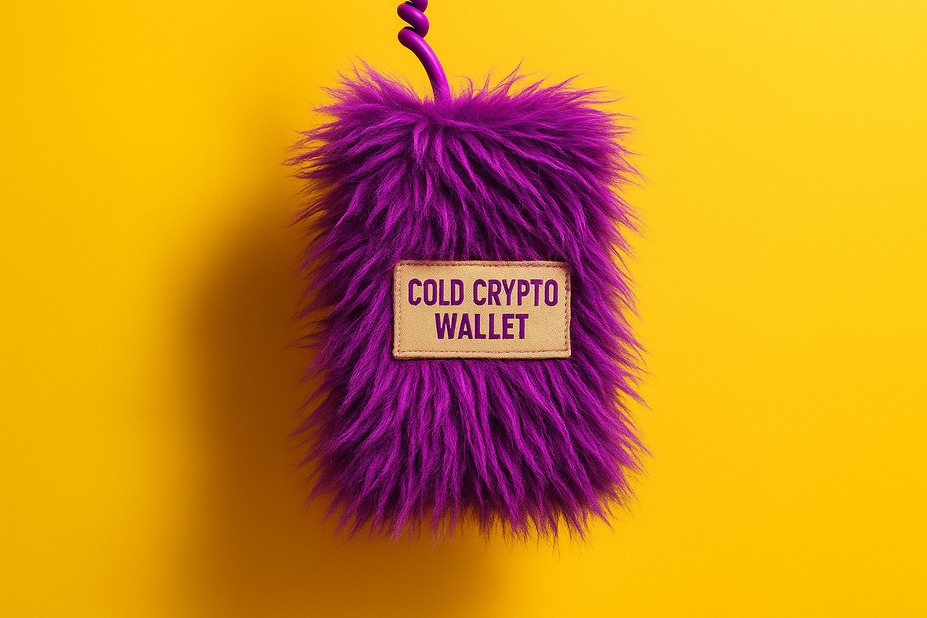Wallet as passport: a key to freedom or a path to confinement?

In today’s rapidly evolving digital landscape, a cryptocurrency wallet is no longer just a place to store digital assets. It’s becoming a comprehensive representation of an individual’s identity, encompassing transaction history, participation in decentralized autonomous organizations (DAOs), social connections, and even credit scores. This emerging model promises a future where trust can be quantified and verified through algorithms. However, it also raises significant concerns about the potential erosion of privacy, the commodification of reputation, and the creation of permanent digital stigmas.
From abstract theory to tangible reality
In 2022, Ethereum co-founder Vitalik Buterin introduced the concept of Soulbound Tokens (SBTs) in his paper “Decentralized Society: Finding Web3’s Soul.” These non-transferable tokens function as digital badges of achievement, certificates of completion, or confirmations of membership in a particular community.
Over time, this abstract concept has evolved into a fully realized technological framework. Projects like Gitcoin Passport, Privado ID (formerly Polygon ID), and Lens Protocol are now facilitating the collection of “attestations”—cryptographically verifiable facts about an individual’s on-chain activity. For instance, if you participated in a crucial DAO vote, you receive an attestation to that effect. Similarly, completing identity verification earns you another attestation.
Consequently, the wallet transforms into a “digital identity,” a collection of traces that are difficult, if not impossible, to forge. Transactions become actions, project subscriptions become expressions of interest, and participation in governance becomes a form of civic engagement. This represents a fundamental shift where reputation evolves into a measurable and verifiable asset. However, this apparent objectivity has a darker side.
A new digital caste system in the making?
The primary risk associated with objectifying reputation lies in the potential creation of a digital caste system. Imagine a scenario where a certain reputation score is required to secure a loan in a decentralized finance (DeFi) protocol or even to join a DAO. Such a system would allow for the evaluation of all on-chain activity, scrutinizing whether a user interacted with “toxic” smart contracts, participated in unsuccessful projects, or sold tokens at inopportune moments.
This bears a striking resemblance to modern credit history, but the potential consequences are far more profound and severe. Individuals with low credit scores in the United States already face significant barriers to accessing financial services. In the Web3 world, wallets with a “bad” reputation could be ostracized not only from financial opportunities but also from social interactions, employment prospects, and participation in community life. This raises a critical question: are we building a system where a single misstep or unfortunate event can lead to a lifelong digital stigma?
Who gets to judge?
If reputation becomes a quantifiable metric, who determines the parameters by which it is measured? Who decides what constitutes “good” behavior and what is deemed “bad”? In the nascent stages of this system, these judgments may be rendered by protocol developers and influential market players such as exchanges, venture funds, and prominent DAOs. In doing so, they will inadvertently embed their own subjective notions of correct behavior into the underlying algorithms.
For example, a protocol might reward long-term token holding while penalizing frequent selling. While this may promote project stability, it effectively imposes a specific financial strategy on users. Similarly, DAOs might lower the reputation scores of those who vote against the prevailing consensus, creating pressure to conform and stifling dissent. A tool designed to foster trust risks transforming into a mechanism for social control, enforcing a uniform model of behavior.
Identity theft and the specter of digital death
Under the emerging “wallet = identity” paradigm, the theft of private keys transcends the mere loss of financial assets. It becomes a genuine act of digital identity theft. The attacker gains not only access to funds but also control over the victim’s reputation. They can vote on their behalf, participate in dubious projects, and undermine a reputation painstakingly built up over years.
Losing access to keys without the possibility of recovery is akin to digital death. All history, achievements, and SBT-recorded connections become inaccessible. The user loses not just an account but an entire identity.
Wallets with social recovery functions are attempting to address this issue by allowing users to restore access to their funds through a network of pre-selected trusted individuals. Unlike traditional methods relying on seed phrases, this approach enables the owner to contact their guardians if a password or private key is lost. The guardians then provide fragments of the key, which, when combined, restore control over the wallet.
However, this method only serves to underscore the magnitude of what is at stake: our entire online lives become contingent on a set of symbols.
The right to make mistakes in a world without a “delete” button
The most pressing concern surrounding reputation is the inherent immutability of the blockchain. Every transaction, every vote cast in a DAO, every interaction with a smart contract is permanently recorded in the public ledger. A failed investment, support for a project that ultimately flounders, accidentally sending funds to the wrong address—all become indelible marks on an individual’s on-chain biography.
This raises fundamental questions about the human right to make mistakes and to be forgiven. Traditional society acknowledges the possibility of starting anew, with a clean slate. The blockchain, in its current form, does not offer this option.
Technically, it is possible to implement mechanisms for “forgiveness” or concealment of past mistakes. This is where zero-knowledge proofs (ZK) come into play.
For example, with ZK, you can confirm:
- the existence of a reputation score above a certain threshold without revealing the exact value or the history of its formation;
- citizenship in a particular country without presenting a passport;
- having voted in a DAO without disclosing the specific option chosen.
However, these are merely technical patches. The philosophical conflict between the radical transparency of the blockchain and the human need for mercy remains unresolved. The community faces a dilemma: not every past event should be public knowledge. The widespread adoption of ZK technologies to conceal data carries the risk of abuse and could undermine the very principle of trust upon which the ecosystem is built.
Conclusion
The transition from a wallet-as-account to a wallet-as-identity represents one of the most profound shifts in the digital realm. Decentralized identity technologies pave the way for systems where trust can be established and verified without the need for intermediaries.
However, like any innovation, this paradigm has two sides. Alongside the promise of transparency lie the risks of digital control, social ratings, and the erosion of the right to make mistakes. The future of this paradigm will depend not so much on the underlying code as on the values that the community chooses to embed within it: will it foster a more just and equitable society, or will it construct a digital prison from which escape is impossible?








